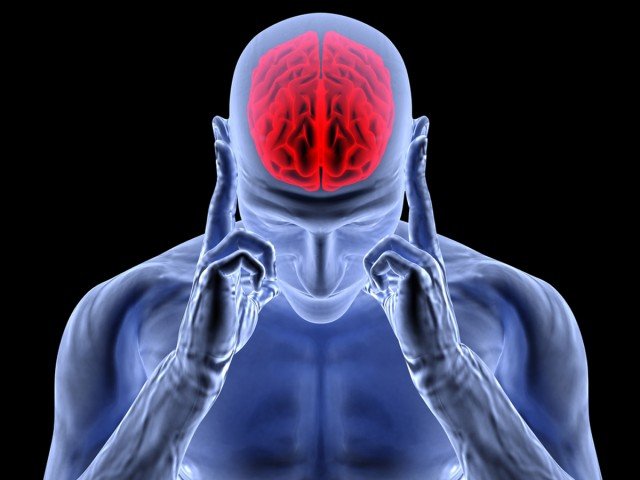
Stroke/Cerebrovascular accident
- Each year nearly 800,000 people experience a new or recurrent stroke.
- A stroke happens every 40 seconds.
- Stroke is the fifth leading cause of death in the U.S.
- Every 4 minutes someone dies from stroke.
- Up to 80 percent of strokes can be prevented.
- Stroke is the leading cause of adult disability in the U.S
What is stroke?
A stroke is caused by the interruption of the blood supply to the brain, usually because a blood vessel bursts or is blocked by a clot. This cuts off the supply of oxygen and nutrients, causing damage to the brain tissue.A stroke can cause brain damage, long-term disability, or even death.

IMAGE source: asiaone.com
What happens during stroke?
To work properly brain needs oxygen. Although brain makes up only 2% of body weight, it uses 20% of the oxygen breathe. Arteries deliver oxygen-rich blood to all parts of your brain.
If something happens to block the flow of blood, brain cells start to die within minutes because they can’t get oxygen. This causes a stroke.
So what are proven risk factors?
Risk factors that cannot be modified.
- Age — The chance of having a stroke approximately doubles for each decade of life after age 55
- Heredity (family history)
- Race- African-Americans
- Sex (gender) — Each year, women have more strokes than men,
- Prior stroke, TIA or heart attack
Risk factors that can be modified.
- High blood pressure
- Cigarette smoking
- Diabetes mellitus
- Carotid or other artery disease
- Peripheral artery disease
- Atrial fibrillation
- Other heart disease
- Sickle cell disease (also called sickle cell anemia)
- High blood cholesterol
- Poor diet
- Physical inactivity and obesity
New study published in American journal of neurology evaluated the association of performance in cognitive(Thinking) memory with incident coronary heart disease and stroke in older participants without dementia.
Study involved 3926 participants During 3.2 years of follow-up 375 heart attacks and 155 strokes occurred - the equivalent to 31 heart attacks and 12 strokes per 1,000 person-years.
The researchers found that individuals with low scores on executive function tests were at 85% greater risk of heart attack and 51% greater risk of stroke than subjects with high executive function scores.
In detail, of the 1,309 subjects with low executive function scores, 176 had a heart attack over the 3-year follow-up period, compared with 93 out of 1,308 individuals with high scores. This equates to a rate of 44 heart attacks per 1,000 person-years for people with low executive function and 22 heart attacks per 1,000 person-years for those with high executive function.
Sixty-nine strokes occurred among subjects with low executive function, while 48 occurred among those with high executive function, according to the results.
The researchers pointed out that although their findings were statistically significant, the relative risks for heart attack and stroke among people with low executive function were small.
☆☆☆☆☆😎
Thank you @michaelstobiersk
You're welcome. Thank you too!
Hi @meetsin, I just stopped back to let you know your post was one of my favourite reads yesterday and I included it in my Steemit Ramble. You can read what I wrote about your post here.
Thank you so much @shadowspub
You're welcome. Have a great day